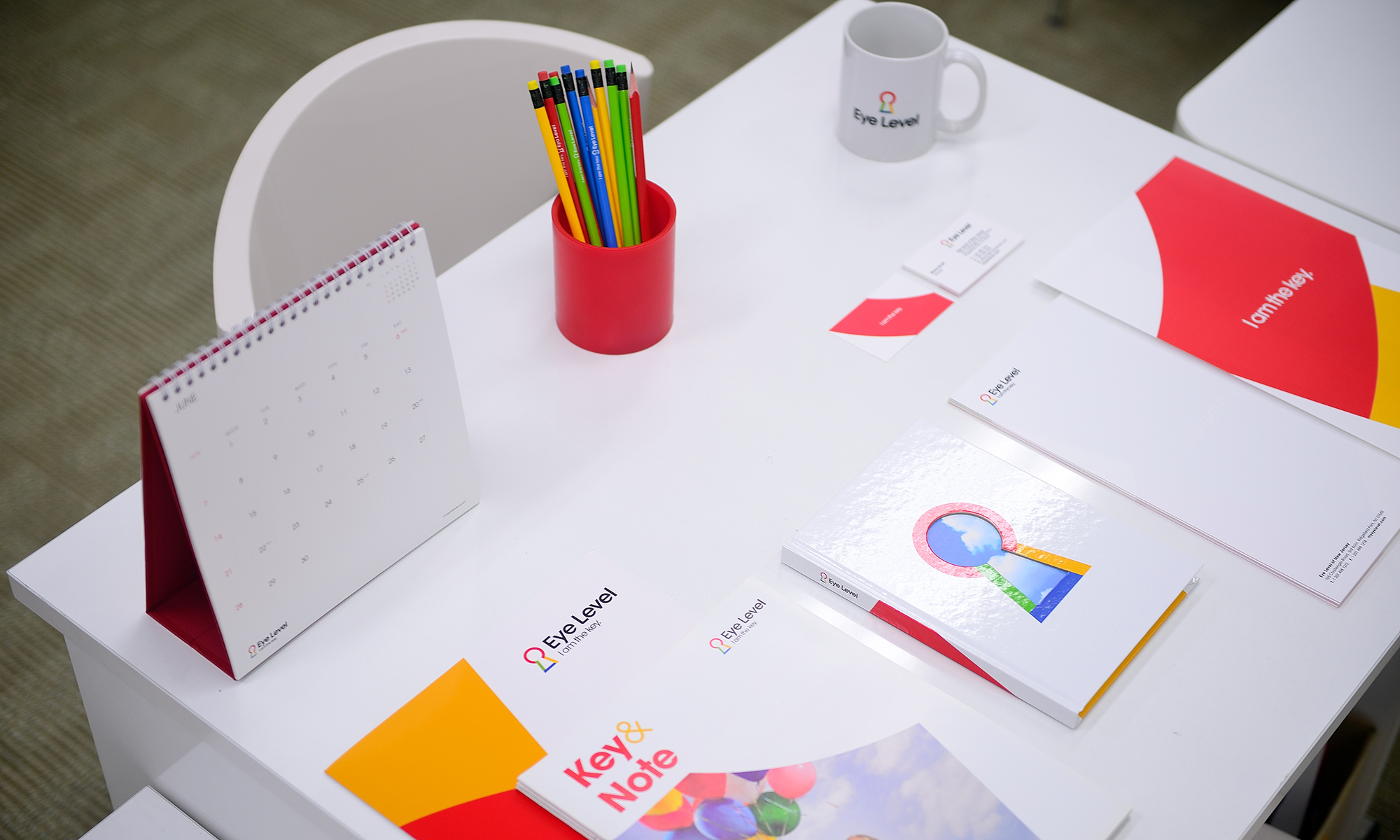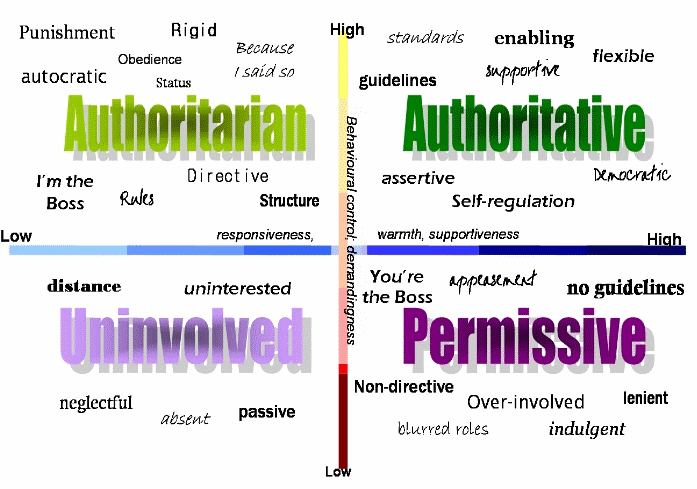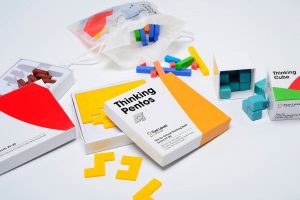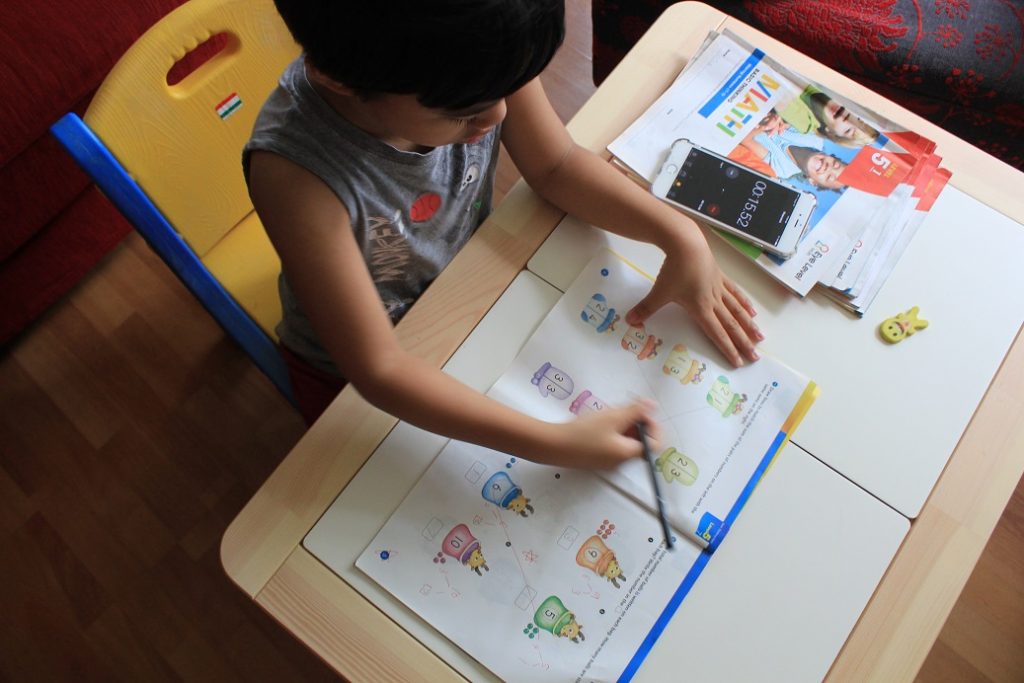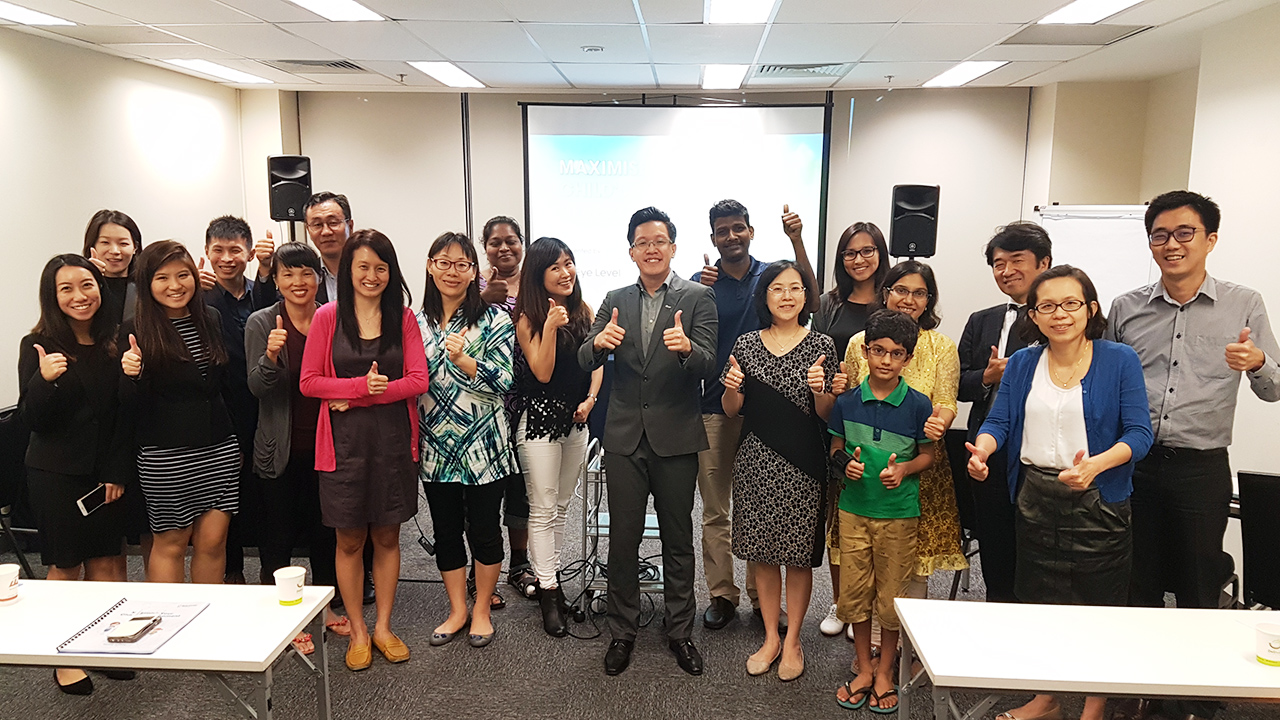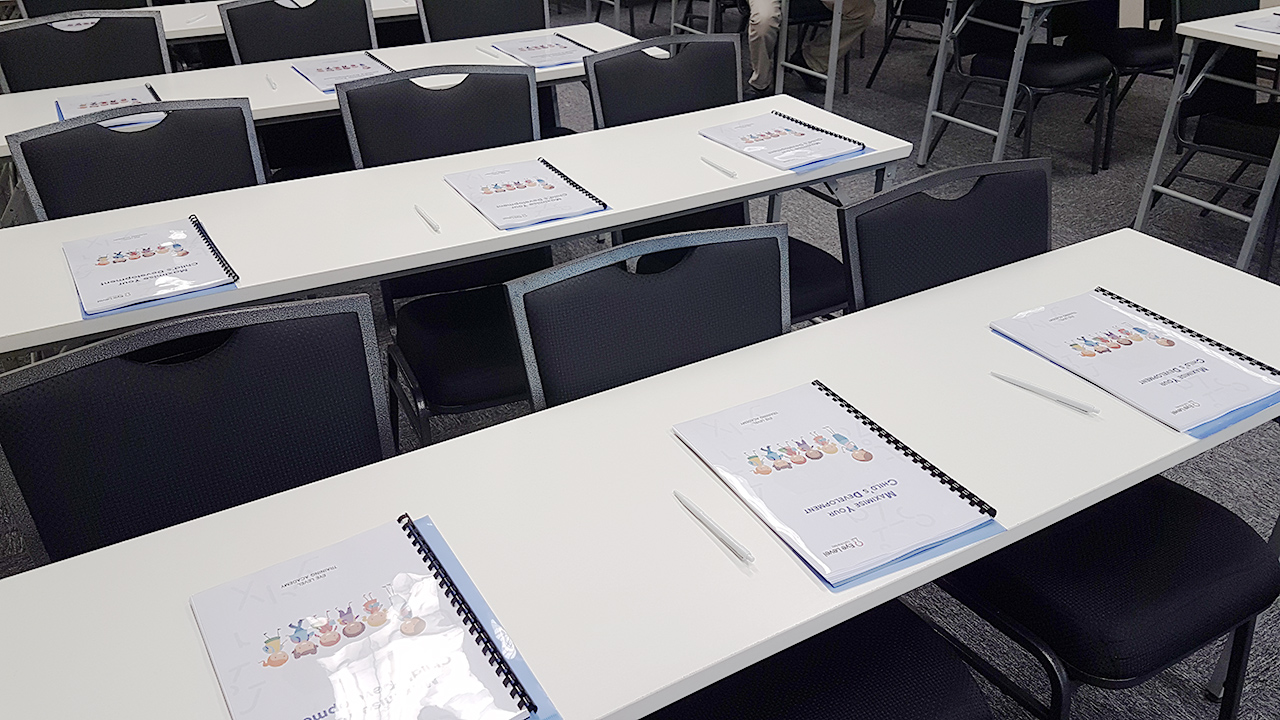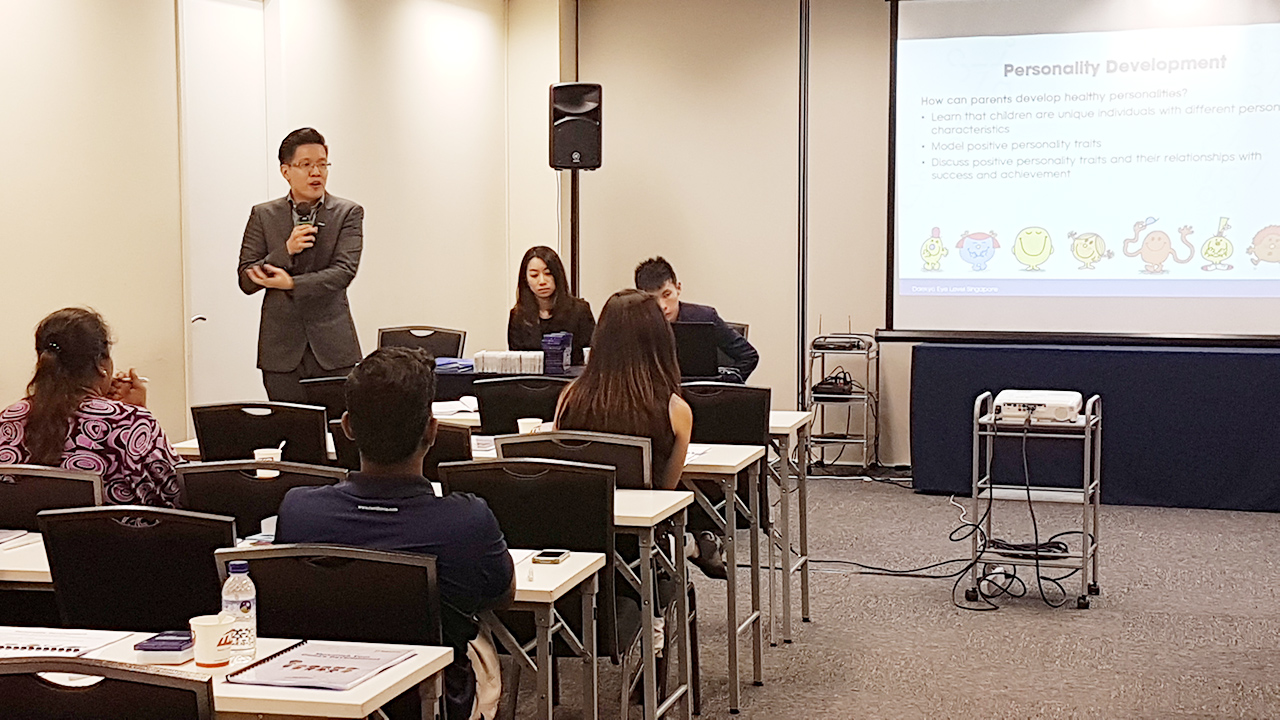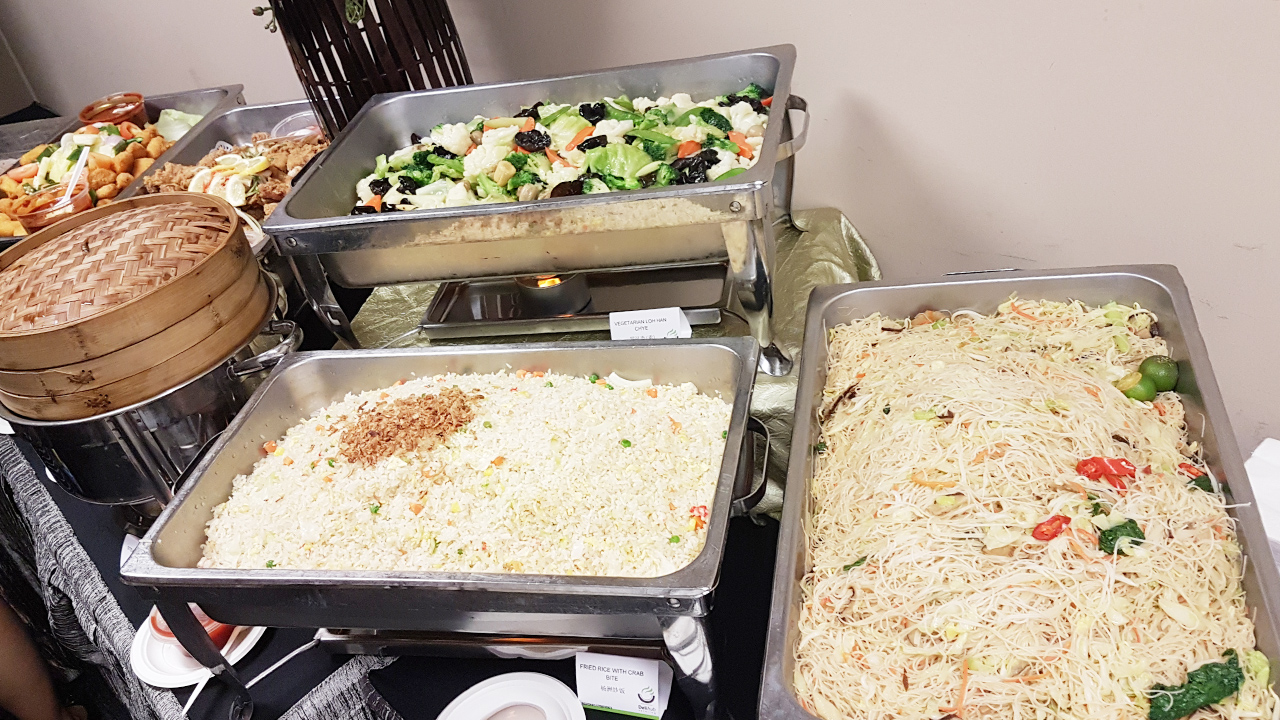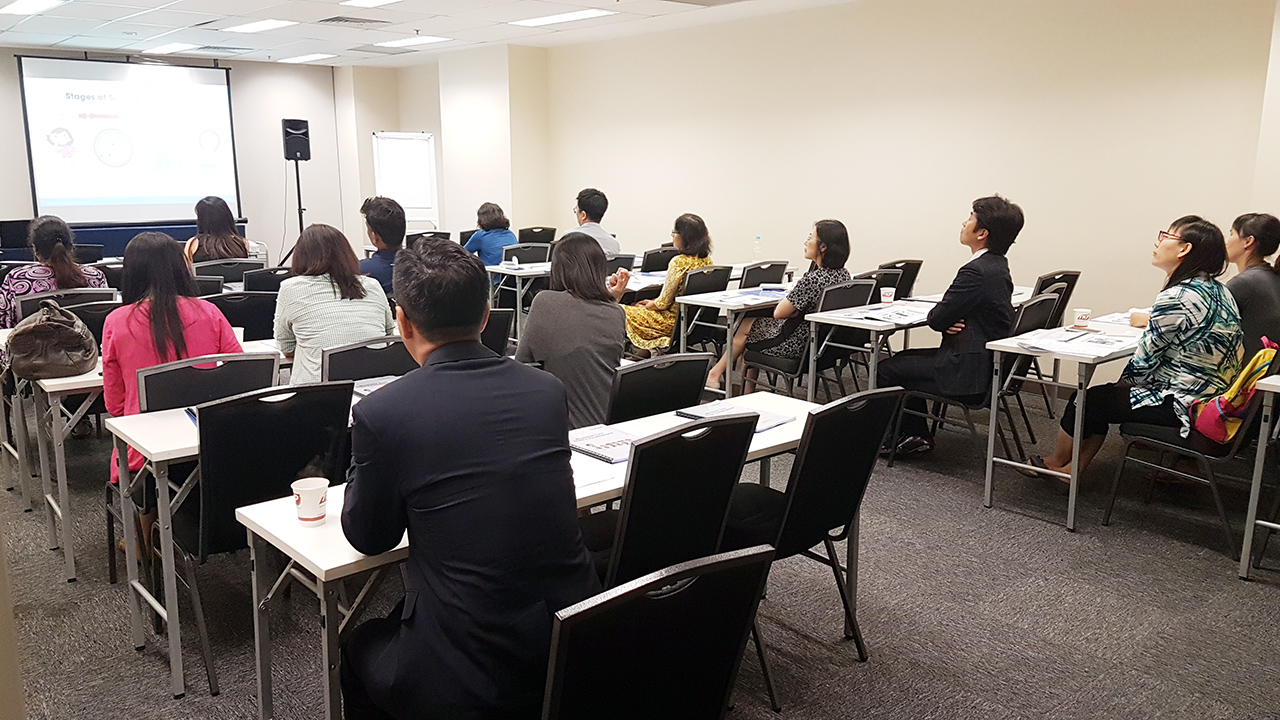Eye Level is based on an educational principle where students learn at their own pace. When an instructor understands the learning needs of a student, the teaching are most effective.
As a leading provider in supplemental education for Math, English, Eye Level learning centers strive to teach and tutor children ages 4-14 in basic learning skills.
Eye Level is a supplemental education program that originated in Korea about 30 years ago and now has over 2.5 million children enrolled world-wide. We are the leading provider of supplemental education in the areas of Math and English.
Eye Level Study Programs
Diagnostic Assessment
The diagnostic test will provide insight into the student’s ability and learning needs. It is utilized to determine the best place to start the student in the Eye Level curriculum.
Initial Starting Point
This allows students to build confidence to help ensure future success in proceeding levels.
Self Directing Learning
Students will follow a self-directed learning method and develop independent learning skills in our Eye Level learning centers. Instructors will provide guidance to students as they move throughout their individualized program.
Assessment
Before a student proceeds to the next level and new skill set, an Eye Level instructor will give the student a level test to evaluate if they have achieved mastery of the current material.
Feedback
Directors/Instructors provide consultations and communicate with parents regarding their children’s learning progress on a regular basis.
Small Steps to Success
All concepts and skills in the Eye Level program are interrelated. Mastery of basic foundational skills is necessary before advancing to more complex skills, resulting in improvement of a child’s accuracy and speed when completing more complex questions.

The Lasting Benefits for your Child
Commitment to your child
No matter what your reason for attending Eye Level, we are committed to providing your child with the most positive experience possible. This pervades everything we do, down to the program we select for your child, and their interaction with our thoroughly trained staff.
Eye Level has the best curriculum around
There is simply no competition when it comes to the quality of instruction and curriculum that you will find at Eye Level. We are the only center worldwide that offers a critical thinking component as part of our math program. Furthermore, our curriculum has been developed in a way that allows children to make progress and proceed through levels.
Individualized Instruction
While our curriculum is developed structurally, each child is assessed individually. Our instructors tailor our curriculum by understanding each child’s abilities from their eye level.
